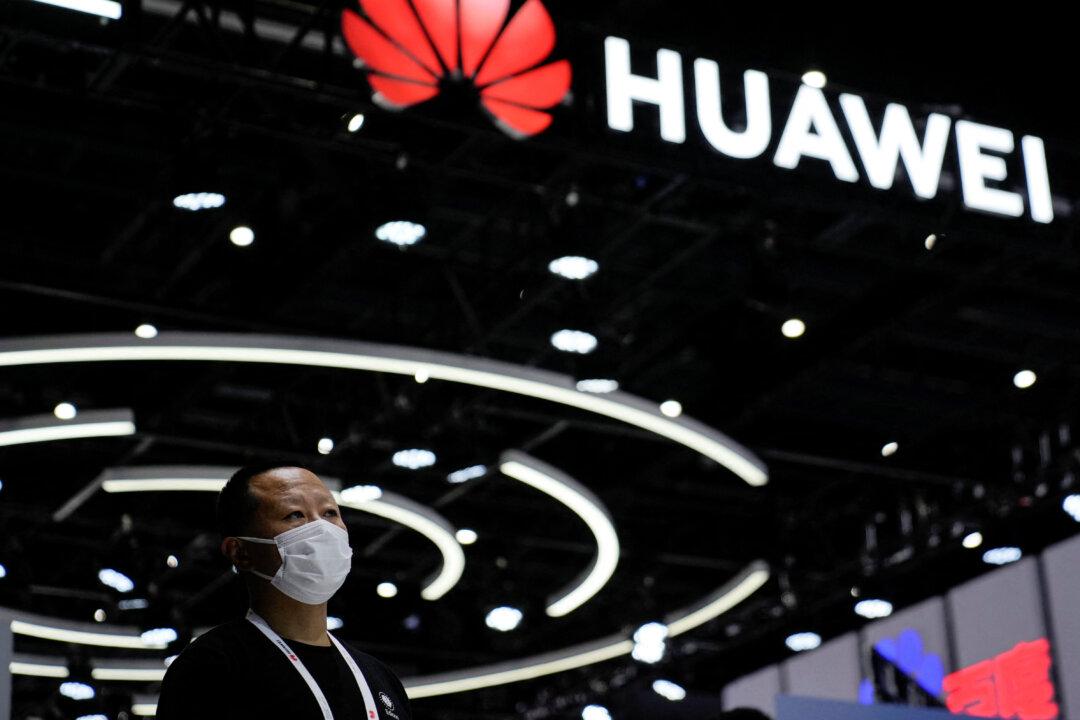The UK government has extended two deadlines for the removal of Huawei equipment from Britain’s 5G networks to avoid disruptions to telecommunications services.
The requirement to remove the Chinese firm’s products from the network core has been pushed back to Dec. 31, 2023, 11 months later than originally stipulated.





